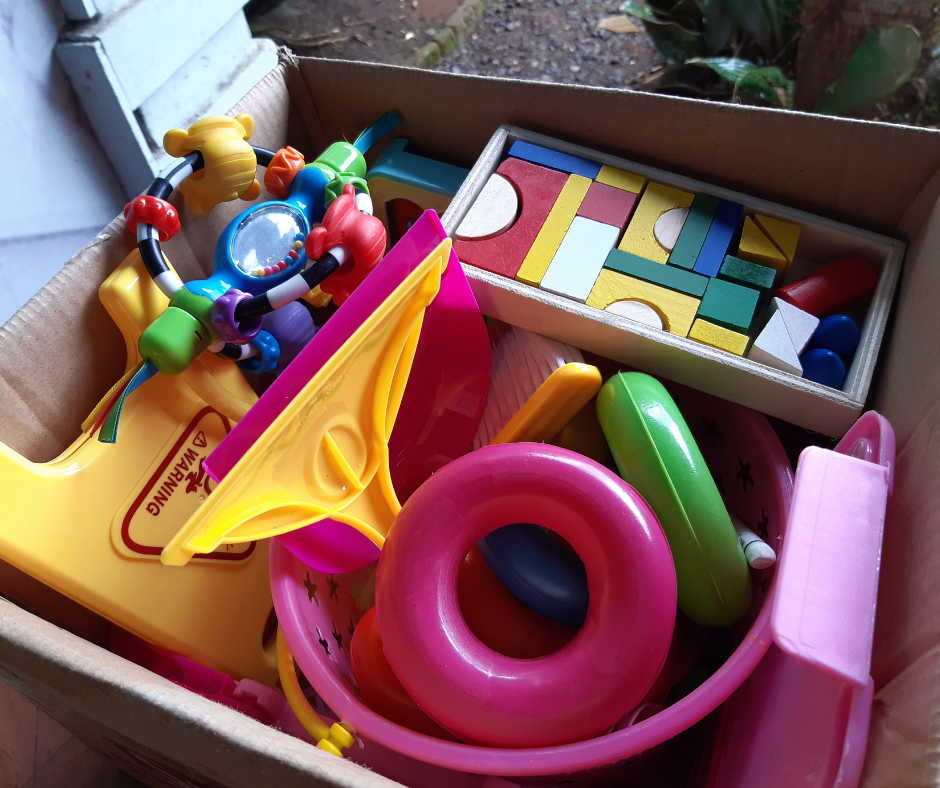You’ve been waiting for the day for over four years, knowing that you will be immensely proud and excited but also feel a certain sadness that toddler days are officially over. The chances are that your little champ will be raring to go and excited, so how do you deal with the nerves and anxiety that all parents go through leading up to that all important day in September – your little one’s first day at school?
Don’t let it show!
If your little one picks up on your anxiety and relates it to their new situation, they will think its something to worry about, so show them only how exciting and fun it will be, so they only see it as a good thing.
Talk it through
It’s always a good idea to get to know mums of other children starting the same school. The chances are that you already do, if your little one is moving up from a nursery with some chums. If this isn’t the case and you don’t know anyone at the new school, then do your best to find out of any neighbours or associates know anyone at the same school. Making friends with fellow parents and chatting to them about any concerns will help.
Become active!
Becoming an active member of any group or activity that the school has will help you to feel secure and happy about your child attending. If there is a PTA (Parent and Teacher Association) or simply a group of people who help with Summer and Christmas fairs, become a part of things and you will no doubt see that there is no need to feel anxious about the starting school step for your child.
Be prepared!
The last thing your child needs is you rushing him or her around the day before buying new shoes and P.E kits. Make sure you have things in order, tagged up, and ready for school at least a week before the first day. That way you (and your little one) can have a calm few days before hand, and any unnecessary stresses won’t be there.
Role play
You will feel much happier if you feel that your child knows what to expect. Even if he or she has been for mornings or half days to get to know the school, it will help put your mind at rest if you do some role play with your tot before his first day. Things like running through him putting his hand up if he needs the toilet, or showing him the things that you’ll pack into his lunchbox will all help. This will reduce some of the unfamiliar aspects, and if you make this a fun thing (I.e don’t show him your anxiety!) then it will ease your mind that he sees this new challenge as an exciting one.
Do you think we’ve got this one right?! Let us have your comments on our Facebook page…










